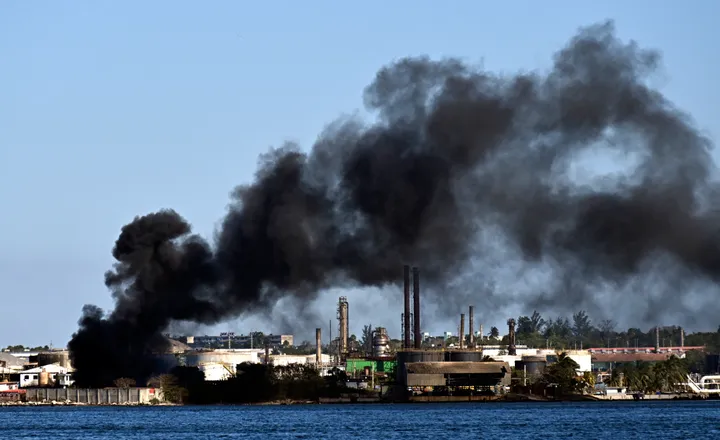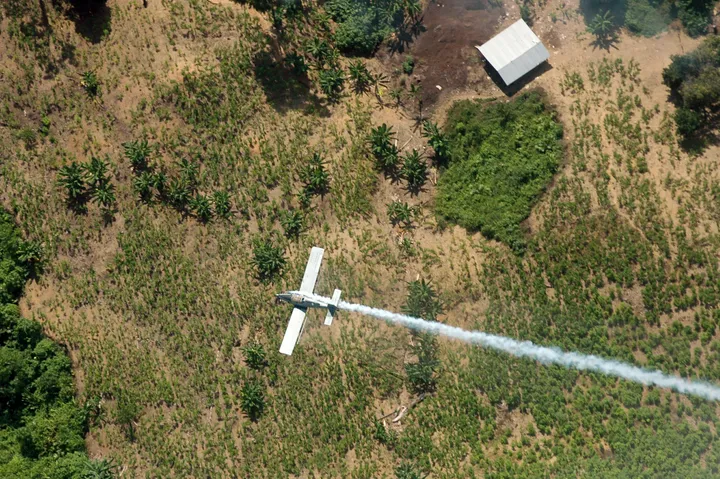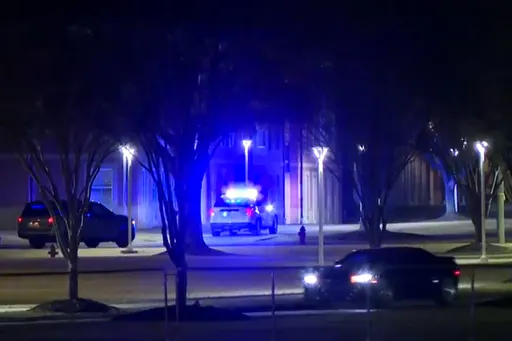At a tense news conference on July 29, Turkish Foreign Minister Mevlut Cavusoglu urged Germany to be “an honest broker” and refrain from falling for Athens’ propaganda in disputes between Türkiye and Greece. This exchange was just the most recent round of Greek politicking and manoeuvres to provoke a rift between Türkiye and its partners.
To Athens’ dismay, Türkiye has avoided many of its diplomatic booby-traps. Better still, Ankara managed to score several diplomatic successes and overturn a deck of cards that was increasingly stacked against Turkish interests in the past two years.
Crumbling alliances and arms spending spree
In late 2020, the Kyriakos Mitsotakis government spearheaded the formation of what a commentator recently termed as an “unholy alliance” against Ankara. This grouping included Greece, Greek Cypriots, Israel, and the UAE. Meanwhile, another alliance involved Athens, Paris, and Riyadh.Both these groupings aimed to put pressure on Türkiye in the Mediterranean Sea region, adding more complexity to Ankara’s already tense security environment, especially since the Turkish leadership had its hands full, dealing with multifaceted security threats in Syria, Iraq, and beyond.
However, President Erdogan initiated several overtures with yesteryear adversaries, including Israel, the UAE, Egypt, and Saudi Arabia, in a series of swift and daring diplomatic manoeuvres. These moves reduced regional tensions and allowed Ankara to focus on the most pressing security agendas, namely the threat from terrorist organisations such as the PKK and its offshoot, the YPG/PYD.
The resulting dynamics surprised Greece to a large extent, as the web of alliances Athens was knitting against Ankara fell through. The overarching strategy to isolate and encircle Türkiye did not go as planned.
Still, Athens managed to draw the support of some Western powers, such as France and the United States, with whom it signed defensive pacts. The Greek authorities also went on a spending spree, acquiring in the process advanced weapon systems. Athens ordered 18 fighter jets (costing 2.3 billion euros) and three frigates from France in 2021. Similarly, the Greek army procured four warships (worth $6.9 billion) and signed a deal with the Pentagon to modernise existing frigates (a contract worth $2.5 billion). This arms procurement frenzy suggests more bellicose designs than merely boosting a defensive posture.
Geopolitical developments favourable to Türkiye
However, another development perturbed the Greek plans. Russia’s incursion into Ukraine resulted in Türkiye stepping up to bring the warring sides to the negotiation table, which recently led to a crucial breakthrough in diffusing the global grain crisis. Owing to the country's geopolitical position and economic and political relations with both Russia and Ukraine, President Erdogan showed once again forward-looking strategic acumen by playing a balancing act and mediating role between Ukraine and Russia, achieving some notable successes in the process.
The latest remarkable feat resulted after Ankara's months-long negotiations to reach a deal jointly with the UN, whereby Russia allows Ukraine to resume its Black Sea grain exports under a set of conditions. This Türkiye-brokered accord will ease the global food crisis and prevent numerous low-income countries from incurring serious food shortages.
Importantly, the Russo-Ukrainian conflict once again brought Türkiye's geopolitical stature to the fore, proving that it is an important NATO member that can bring solutions to complicated international tensions. Hence, many Western leaders are in no mood to entertain Greek provocations and caprices against Ankara.
Several facts indicate this shift. First, Washington shelved the East Med plans. This project was not commercially viable, but many capitals, at the instigation of Athens, used it to provoke Ankara and undermine its sovereignty.
Moreover, Washington appreciated Ankara's support for Ukraine, whether through humanitarian or military assistance for Kiev or its efforts to avert Russian military vessels from entering the Black Sea. Furthermore, President Erdogan's acquiescence to accept Sweden's and Finland's applications for NATO membership was also seen favourably by US President Biden at the NATO summit in July.
Athens’ aggressive stance
In light of these positive developments, pro-Greece lobbies in Washington have redoubled efforts to harm US-Turkish relations. After inciting the US Congress to refrain from delivering F-35 fighters to Türkiye, the Greek government continues its bid to join the F-35 co-production programme while lobbying against a potential F-16 sale to Ankara.
Furthermore, the Mitsotakis government used the visit of Saudi Crown Prince Mohammed Bin Salman to sign multiple accords, including military and security agreements. While the Saudi leadership hinted that these agreements are not to be understood as directed against anyone, the Greek side was mirroring them as a new victory in its alliances against Ankara's regional role.
Aside from the aggressive mood in the diplomatic arena, the Mitsotakis government continues to multiply the provocations against Türkiye on the ground. Playing the victim, Athens routinely alleges incursions into its airspace, omitting in the process that Greek pilots were the originators of these provocations while Turkish pilots merely responded to Greek violations of Turkish airspace.
Another key strategic issue between the two parties is the Greek drive to militarise eastern islands in the Aegean Sea. The military consequences are not to be discarded as this Greek posture aims to isolate Türkiye’s coastline and even threaten the country’s interior.
Turkish media has well documented the stationing of Greek troops on islands off the Anatolian coast. This militarisation has occurred in blatant violation of the Treaty of Lausanne (1923) and the Paris Treaty of 1947. In the past years, Foreign Minister Cavusoglu has made it clear that the Turkish leadership will not accept ‘de facto situations in the Aegean Sea. Hence, Ankara’s principled position is not subject to change, and Athens’ insistence on breaching international law in this area will not bode well for the possibility of building solid bilateral relations.
Given the way Greek alliances against Türkiye collapsed like a house of cards recently, it is perhaps time for Athens to strongly consider the path of peace and cooperation rather than fanning the flames of antagonism.
In light of the wave of rapprochement and de-escalation that swept the region lately, it would be more productive for Athens to get rid of its self-aggrandisement and maximalist claims. Such an effort would yield far more considerable economic and strategic dividends for the Greek government than further tensions and an arms race that would drain resources in an era of global economic restraint.























